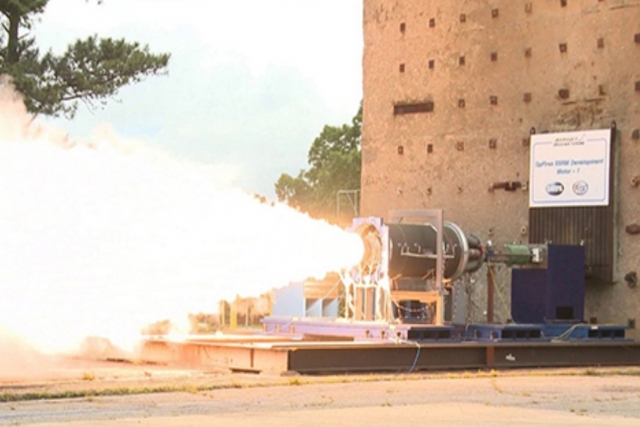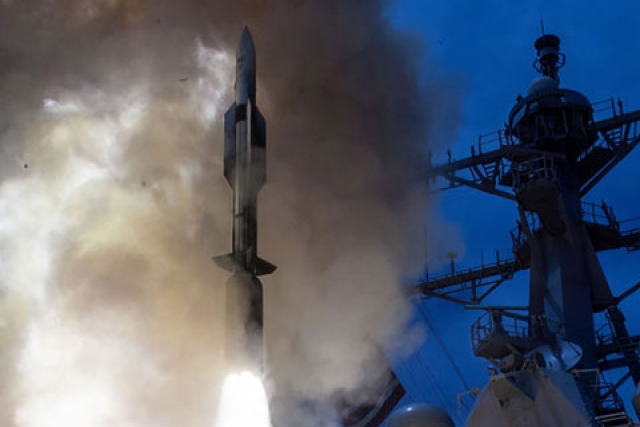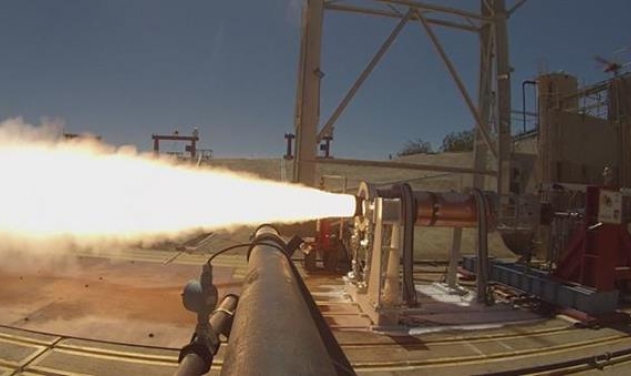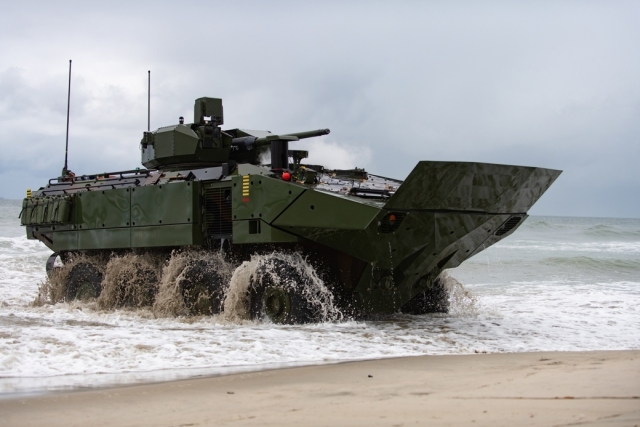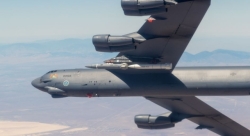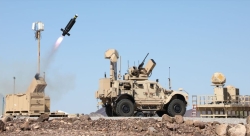U.S. Federal Trade Commission to Block Lockheed’s $4.4 billion Acquisition of Aerojet Rocketdyne
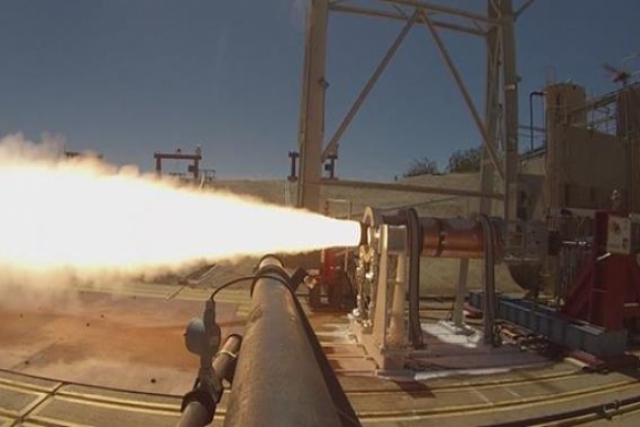
The U.S. Federal Trade Commission has sued to block Lockheed Martin Corporation’s $4.4 billion proposed vertical acquisition of Aerojet Rocketdyne Holdings Inc, the last independent U.S. supplier of missile propulsion systems.
The FTC will file a complaint in the U.S. District Court for the District of Columbia seeking a Preliminary Injunction to stop the deal pending an administrative trial. The administrative trial is scheduled to begin on June 16, 2022.
Aerojet supplies advanced power, propulsion, and armament systems, which are critical components for the missiles made by Lockheed and other defense prime contractors. “The FTC’s complaint alleges that if the deal is allowed to proceed, Lockheed will use its control of Aerojet to harm rival defense contractors and further consolidate multiple markets critical to national security and defense,” an FTC release said January 25.
This is the agency's first litigated defense merger challenge in decades.
“The FTC is suing to block Lockheed Martin, the world’s largest defense contractor, from eliminating Aerojet, our nation’s last independent supplier of key missile inputs,” said FTC Bureau of Competition Director Holly Vedova.
“Lockheed is one of a few missile middlemen the U.S. military relies on to supply vital weapons that keep our country safe. If consummated, this deal would give Lockheed the ability to cut off other defense contractors from the critical components they need to build competing missiles. Without competitive pressure, Lockheed can jack up the price the U.S. government has to pay, while delivering lower quality and less innovation. We cannot afford to allow further concentration in markets critical to our national security and defense,” Director Holly Vedova said.
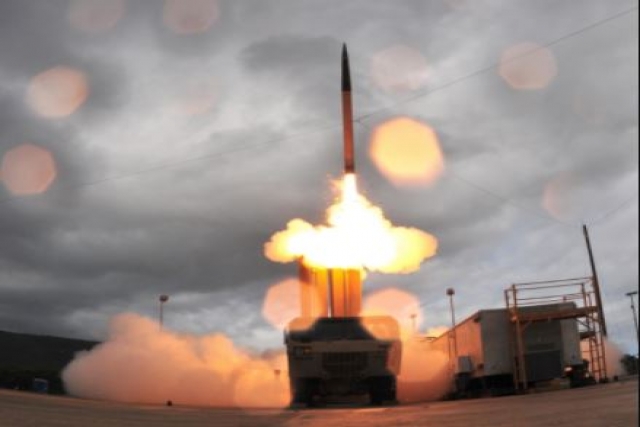
The U.S. Department of Defense (“DoD”) reviewed the acquisition and considered the potential impacts of the transaction on national security, the nation’s industrial and technological base, competition, and innovation. As part this assessment, the DoD facilitated a series of FTC-led interviews with DoD-impacted stakeholders. DoD’s assessment was provided to the FTC for its deliberations and final decision-making.
Said Director Vedova. “The FTC determined that the proposed transaction harms competition for several weapons systems that DoD relies on to defend the nation and there is no sufficient remedy to alleviate those harms.”
Lockheed is the world’s largest defense contractor and a leading missile supplier in a highly concentrated sector. Lockheed, and its U.S missile competitors—Raytheon Technologies, Inc., Northrop Grumman Corporation, and The Boeing Company—act as missile system prime contractors to DoD. These prime contractors are key intermediaries between the U.S. government and the rest of the missile systems supply chain, including the subcontractors such as Aerojet which provide system components to them. DoD relies on prime contractors to develop, produce, sustain, and source a variety of weapons, including missile systems, hypersonic cruise missiles, and missile defense kill vehicles. Each of these weapons depend on critical propulsion technologies of the type supplied by Aerojet.
Lockheed’s proposed acquisition of Aerojet would give it control over critical propulsion inputs that its rivals require to compete against Lockheed. Specifically, the complaint alleges that the proposed acquisition would give Lockheed the ability and incentive to deny, limit, or otherwise disadvantage competitors’ access to critical propulsion inputs for various weapons systems. The combined firm could disadvantage rivals by affecting the price or quality of the product, the quality of the engineering support, and the schedule and contract terms for developing and supplying it or otherwise disadvantage its rivals.

As a subcontractor, Aerojet also has had access to prime contractors’ sensitive information about technological advancements, cost, schedule, and business strategies. The complaint alleges that post-acquisition, Lockheed would have an incentive to exploit its access to its rivals’ proprietary information to gain an advantage in competitions against them.
The U.S. government in turn would be harmed because the cost of missile systems, missile defense kill vehicles, and hypersonic cruise missiles would likely increase, innovation would be lessened, and quality would be reduced, hindering national security and defense interests.
According to the complaint, the proposed transaction could impact research and development as well as innovation into the future, which is vital to ensure that the U.S. remains a leader in these technologies. As an independent supplier, Aerojet has the incentive to allocate its research and development funds based on the potential return the funds would generate regardless of which prime contractor it is supporting. The complaint alleges that post-acquisition, the combined firm would be incentivized to allocate Aerojet investment dollars for the combined firm’s benefit alone, which would stifle innovation.

